Thursday 27th February 2020

Are you NZEB ready?
If you’re planning to build, it’s important to be aware of new building standards coming into effect in 2020.
What are Nearly Zero Energy Buildings?
Nearly Zero Energy Buildings are defined as buildings with a very high energy performance. According to the Energy performance in Buildings Directive (EPBD), ‘the nearly zero or very low amount of energy required should be covered to a very significant extent by energy from renewable sources, including energy from renewable sources produced on-site or nearby.’
Why should I be NZEB ready?
The upcoming deadline from the Energy Performance of Buildings Directive for 2020 is approaching. New buildings that are occupied by 31st
December 2020 must fulfil the NZEB requirements as required by Part L in legislation of the Building Regulations.
Nearly Zero Energy Buildings also provide significant benefits in terms of reducing operational costs and improving energy efficiency.
How do I get NZEB ready?
Getting ready to fulfil Nearly Zero Energy Building requirements doesn’t have to be difficult.
Ahead of the Energy Performance of Buildings Directive for 2020, here are 5 easy steps to show you how:
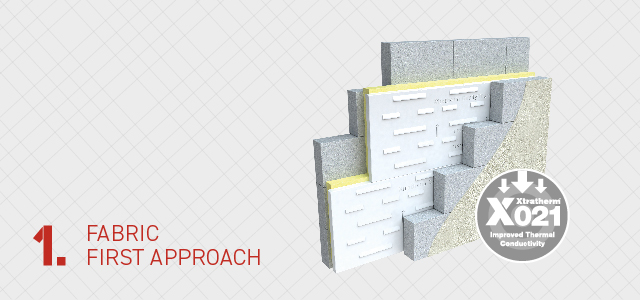
1. Fabric First Approach
Maximise the energy performance of your building through the materials used in making up the building envelope, before considering the use of mechanical or electrical building service systems. Choose CavityTherm
to reduce the amount of energy required to heat your house and reach the NZEB Zero/Low Carbon requirements.
Maximise the energy performance of your building through the materials used in making up the building envelope, before considering the use of mechanical or electrical building service systems. Choose CavityTherm
to reduce the amount of energy required to heat your house and reach the NZEB Zero/Low Carbon requirements.
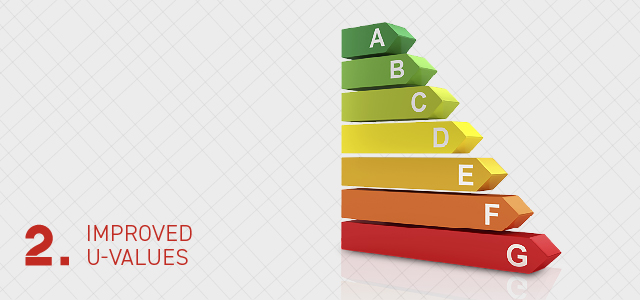
2. Improve U-Values
– U-Values are an indicator of how effective the building’s material is at preventing heat-loss. The new requirements place a greater emphasis on the fabric performance of your building to meet NZEB standards. Xtratherm have a wide product range of technically designed boards to help you achieve these with ease.
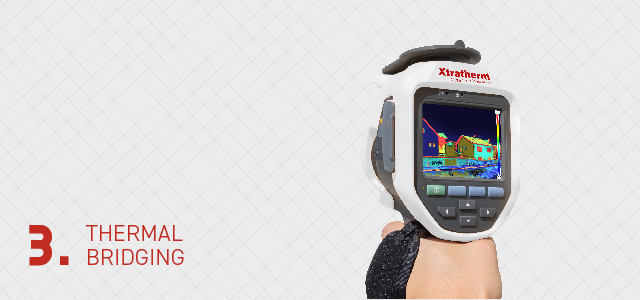
3. Thermal Bridging
Thermal Bridging is the optimisation of junction design, this coupled with bespoke calculations of the related Y-Values, can go a long way towards helping you to achieve NZEB compliance.
Thermal Bridging is the optimisation of junction design, this coupled with bespoke calculations of the related Y-Values, can go a long way towards helping you to achieve NZEB compliance.
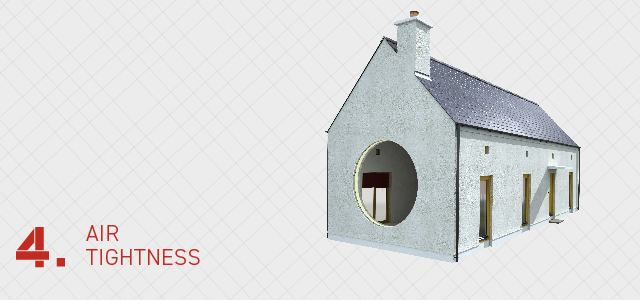
4. Air Tightness
The introduction of new NZEB standards will require an air pressure test result of no worse than 5m3/(h.m2)@50Pa. There will be more emphasis on designers to identify appropriate air barrier elements, details and establishing responsibility of the construction of details on your site. Let our experts talk you through how this can be achieved.
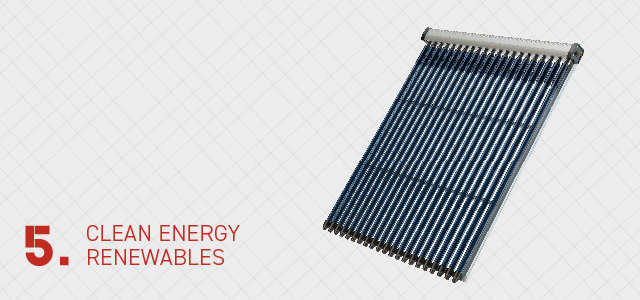
5. Clean Energy Renewables
Your build will require energy collected from renewable resources, which are naturally replenished on a human timescale – such as sunlight, wind and geothermal heat. For example, gas boilers will have to have a heating efficiency (heating and hot water) of 91% whilst 20% of the renewable energy ratio must come from renewable sources.



